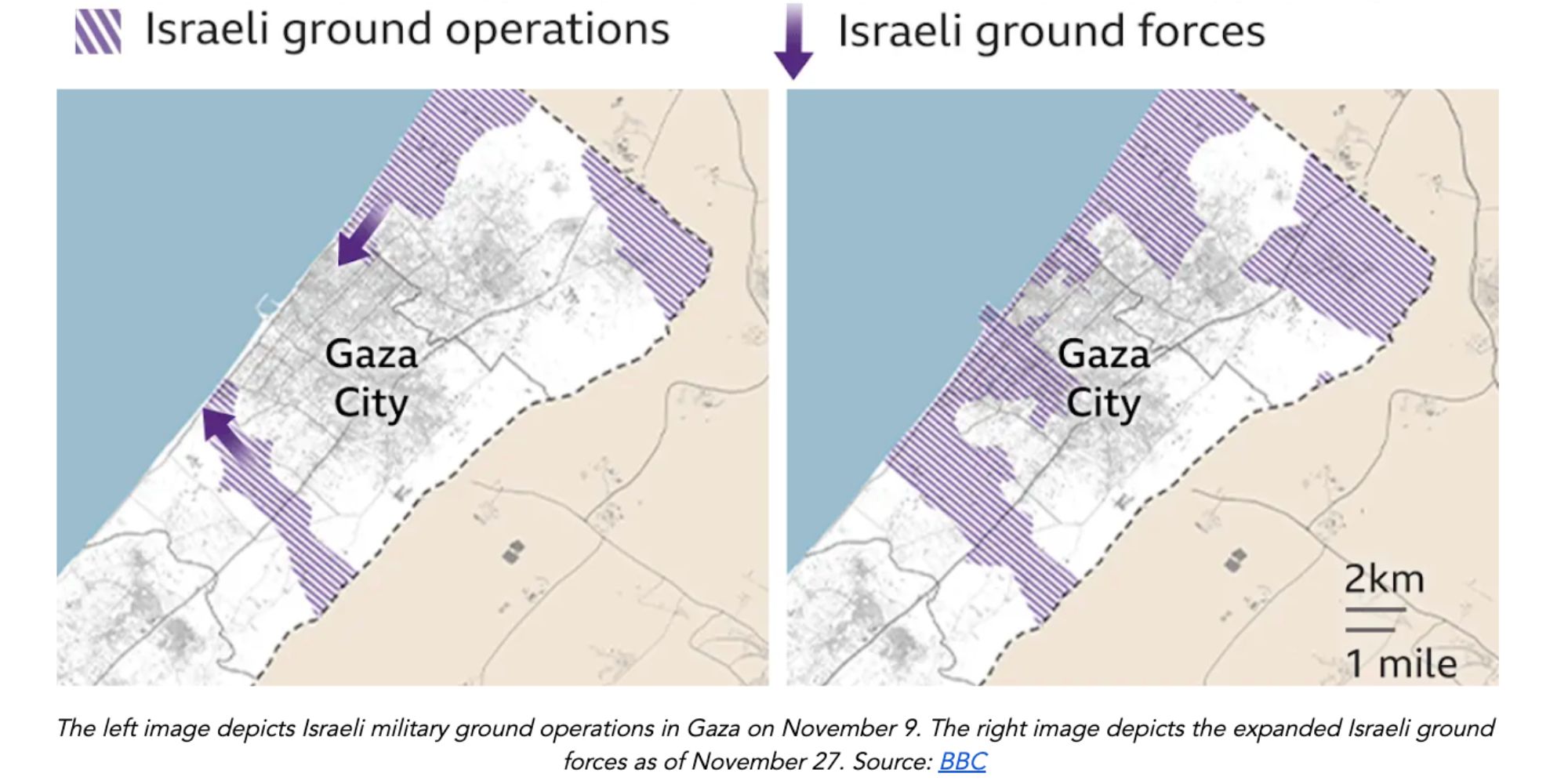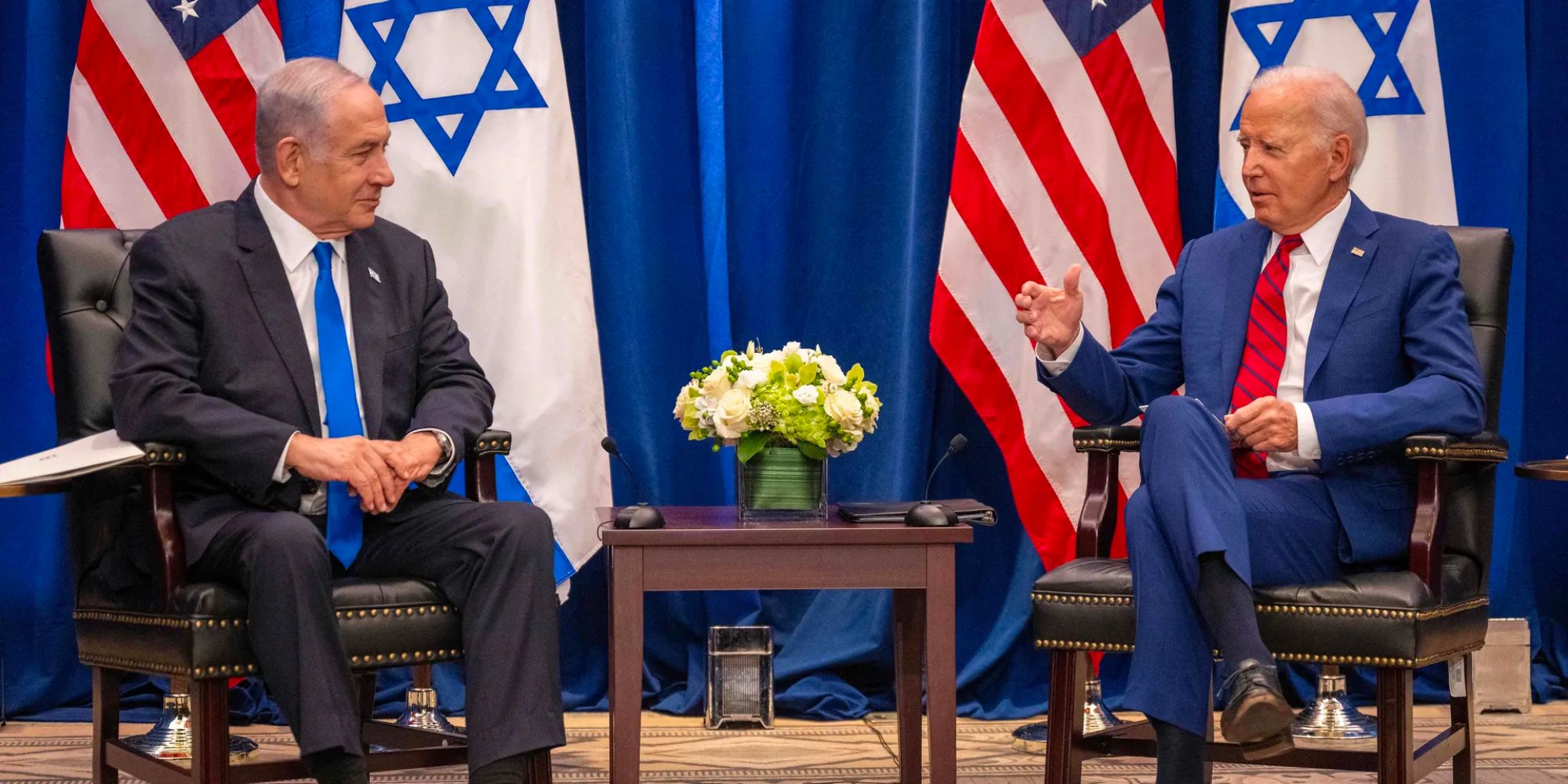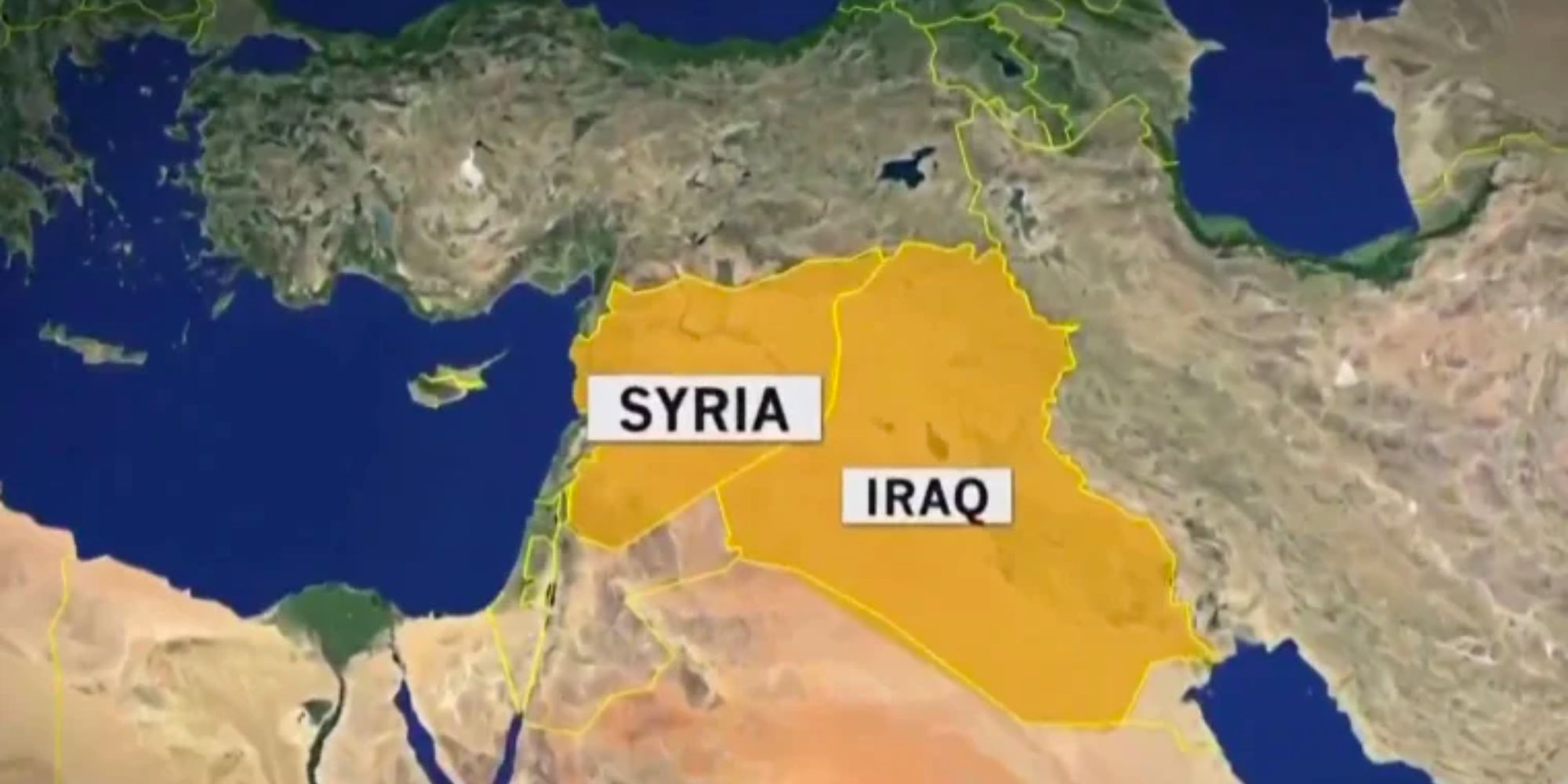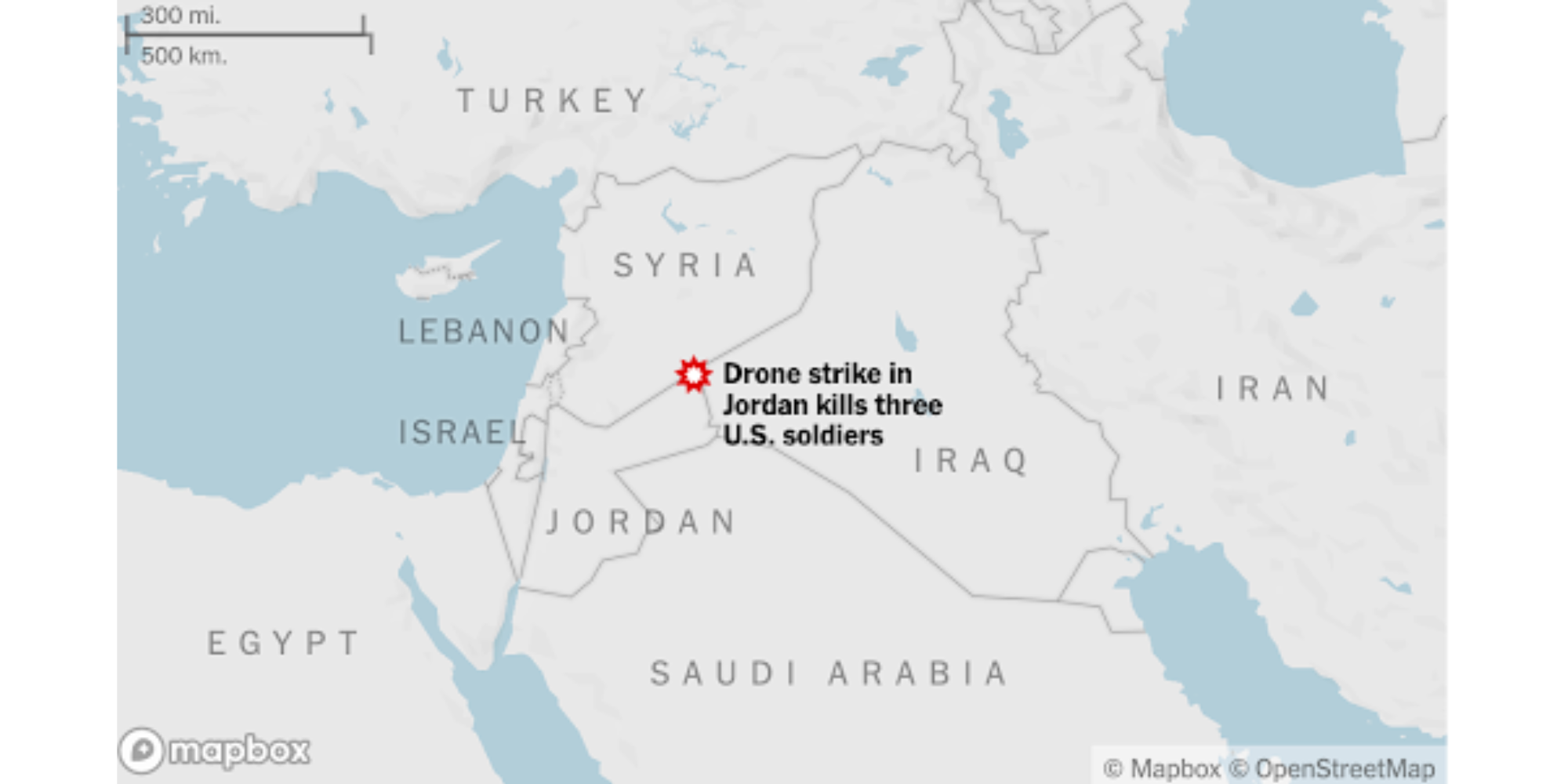Current as of 10AM EST, 4DEC23
RECENT UPDATES
Israel resumed its military offensive in Gaza after talks to extend the week-long truce collapsed on December 1. At least 200 Palestinians have been killed since fighting resumed 3 days ago, according to the Gazan Health Ministry. In addition, Iran state-sponsored attacks increased over the weekend.
- Humanitarian Crisis: Among Gaza’s population of 2.2 million people, more than 1.7 million have been displaced by the conflict, according to the United Nations Population Fund (UNPF). The UNPF further noted the risk of gender-based violence increased exponentially for women and girls who are on the move or seeking refuge in overcrowded shelters, where conditions are increasingly distressing.
- U.S. Support: U.S. officials continue to advise Israel as the conflict resumed, specifically how to minimize civilian casualties and displacement. U.S. Secretary of State Antony Blinken urged Israel to designate safe areas where Palestinian civilians can be out of harm’s way. John F. Kirby, the strategic communications coordinator at the White House National Security Council, emphasized Hamas was to blame for the breakdown in talks because it did not live up to the original agreement to return hostages in Gaza. Hamas held Israel and the U.S. responsible for ending the dialogue, according to CNN.
- Military Operations: On December 1, Israeli authorities recalled their negotiators from Qatar and resumed bombardment of Gaza. Shortly beforehand, the Israeli military published a map to advise Gazans of safe areas of evacuation. According to Reuters reporters, several of the designated areas were bombed. On December 3, the Israeli army announced it found over 800 tunnels, many of which it claimed were located in civilian areas such as schools, mosques, and playgrounds.
- Regional Relations: Yemen’s Houthi rebels struck three commercial ships on December 3 in the Red Sea. The strikes marked an escalation of maritime attacks linked to the conflict, and the U.S. Central Command stated the attacks, though conducted by Houthis, “are fully enabled by Iran.” On the same day, a U.S. airstrike killed five members of an Iran-aligned Iraqi armed group in Kirkuk as they prepared to launch projectiles at U.S. forces.
- Protests: A pro-Palestine demonstrator self-immolated on December 1 outside the Israeli consulate in Atlanta, Georgia. In addition, businesses perceived to be complicit in the conflict were targeted over the weekend as pro-Palestine protests resumed in U.S. cities such as Denver, San Francisco, and Philadelphia. Demonstrations also continued throughout London, leading to several police officers being surrounded by demonstrators after making two arrests at a pro-Palestine march. A group of pro-Palestine demonstrators stormed the lobby of an Israeli delegation’s hotel in Melbourne, Australia, forcing the delegation to seek shelter within the building.
CYBER IMPLICATIONS
Iranian state-sponsored cyber attackers have continued to make the conflict the next front of cyberwarfare by targeting government entities and private industries, and conducting influence operations.
- U.S. and Israeli officials issued a joint advisory highlighting malicious cyber activity affiliated with Iran’s Islamic Revolutionary Guard Corps (IRGC) that could affect several industries, including U.S.-based water, energy, and food. IRGC-affiliated cyber actors have compromised default credentials in Unitronics devices, leaving a defacement image stating, “You have been hacked, down with Israel.”
- A group of hackers calling itself “Cyber Toufan” began targeting Israeli companies and organizations over the weekend, dumping online troves of alleged stolen data. According to the Israeli cybersecurity firm Check Point Software Technologies Ltd, the group has the hallmarks of an Iranian state-sponsored hacking operation. The hackers claimed they destroyed more than 1,000 servers in attacks and breached 150 Israeli “targets,” government agencies and private companies.
CONCENTRIC’S RECOMMENDATIONS
We continue to urge anyone with business interests in Israel and the surrounding regions to exercise extreme caution, and to consider postponing any upcoming travel. We also encourage travelers to avoid all demonstrations and maintain awareness of their surroundings in areas with protest activity. Travelers and businesses should also consider:
- Watching for updated U.S. Department of State worldwide travel advisories.
- Avoiding in and around Israel, Lebanon, Egypt, Saudi Arabia, Qatar, and other portions of the Gulf.
- Reaching out to Concentric’s experts for support. Concentric can provide:
- Emergency evacuation and secure transportation, and support from local partners;
- Active monitoring and intelligence support, including tailored risk and travel assessments;
- Tailored security consulting;
- Executive protection agents;
- Cybersecurity and digital privacy protection.
If you are interested in a briefing with Concentric’s Chief Executive Officer Mike LeFever or a member of Concentric’s team on any of these topics, please do not hesitate to contact us.
Feature image source.






